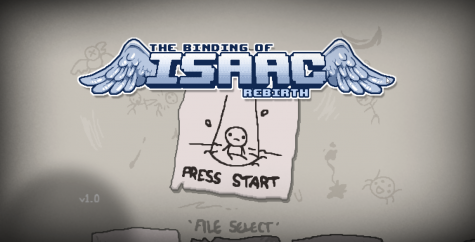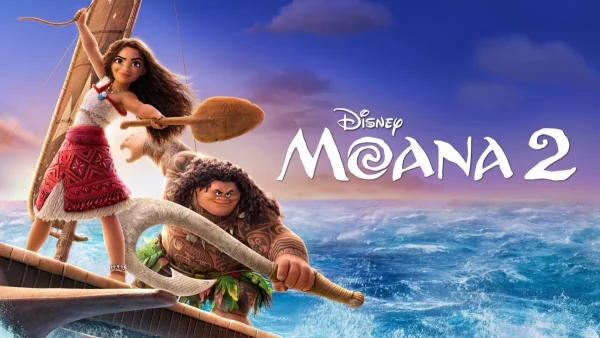EVA’S EVALS: Why Binding of Isaac should be allowed on the App Store
 On Feb. 6, 2016 game developer Tyrone Rodriguez tweeted a screenshot from Apple along with some bad news: a game he and his team created, Binding of Isaac: Rebirth, has been rejected from the App Store for ‘violence towards children.’ I’d like to talk about how 1. this is immensely disappointing and 2. why you should care.
On Feb. 6, 2016 game developer Tyrone Rodriguez tweeted a screenshot from Apple along with some bad news: a game he and his team created, Binding of Isaac: Rebirth, has been rejected from the App Store for ‘violence towards children.’ I’d like to talk about how 1. this is immensely disappointing and 2. why you should care.
When I heard the news about Rebirth, I was flabbergasted. Of course, Apple has the right to control what goes on its platform — and there are indeed some games that qualify as senselessly violent, modern-day video nasties. With that said, I do object to hypocrisy in what Apple decides to publish, and Rebirth is anything but senseless. Originally released for PC and console, the game is an acclaimed rogue-like with a dark story and tons of symbolism. The player assumes the role of aforementioned abused child, Isaac, as he travels through dungeons laden with monsters and religious motifs. The meaning of the game has been the subject of endless online debate, and its themes have even been discussed in a 15-minute video from popular YouTube channel “Game Theory.” Said video now sits at over five million views. It is posited that, like Binding of Isaac creator Edmund McMillen’s other titles, Rebirth’s story is deeply personal and features the issue of imagination leading to loneliness. Isaac lives in an isolated fantasy world, represented by a toy chest in which he likes to hide. One of his greatest fears is suffocating inside the chest.
So clearly, Rebirth is grim. But it’s also a personal story with as much artistic merit as any book or movie that Apple allows on their store. They’ve even authorized games like Telltale’s The Walking Dead, which also features children in violent situations. It’s hard not to feel like Apple is rejecting Rebirth solely because it’s, well… a game. And apparently games aren’t fit to discuss complex, difficult issues — according to Apple.
So why is it a big deal that they’re snubbing Rebirth on iOS? Well, the biggest issue is lost revenue. Indie developers rely on popular publishing platforms to continue making games. Distribution issues can break a hopeful indie dev team, the members of which (in all probability) have sacrificed nearly everything to create their final product. In the fascinating 2012 documentary Indie Game: The Movie, Edmund McMillen is featured during the process of finishing a previous game (Super Meat Boy) in time for an Xbox Live Arcade promotion deal. A tense moment comes when, on the day of release, Super Meat Boy is completely missing from Xbox Live. In the documentary, the terror from the devs is palpable: low sales may have meant death for their team. It may have also meant a pre-emptive death for Binding of Isaac, which continues to receive critical accolades.
Luckily, Indie Game: The Movie had a happy ending for McMillen, with Super Meat Boy indeed appearing on XBL and going on to sell over one million copies. The same may not be said for iOS devs whose games feature nuanced subject matter. This is a tragedy for interactive media as a genre, for any game developer with an artistic vision — and, in fact, the philosophy of art in general. To say that every game must be child-friendly is horribly shortsighted. Games can be art, and sometimes art is meant to perturb or tackle difficult subjects. If Apple is planning to sweep these challenging games out of their store, then we’ll be missing out on a lot of valuable art (and, for what it’s worth, one awesome roguelike).
Your donation will support the student journalists of Omaha Westside High School. Your contribution will allow us to purchase equipment and cover our annual website hosting costs.






